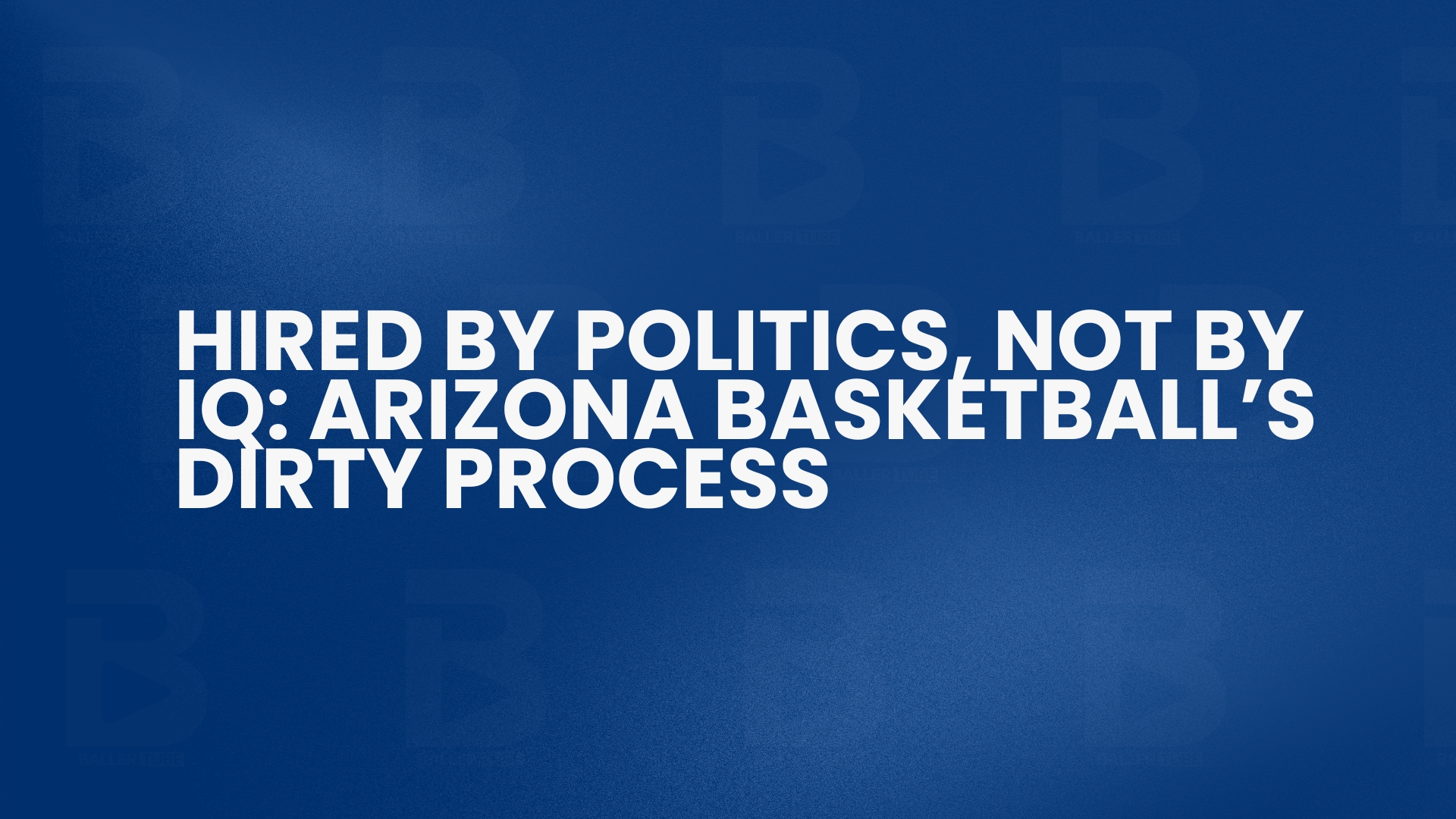In Arizona high school basketball the coaching turnover is at a high level. The programs in the East Valley (as well as the West Valley) have changed coaches a lot since 2010 pushed by pressure to win quickly, school district politics, and family expectations. Some Athletic directors select candidates with strong relationships to significant AAU circuits, high-profile prep programs, and prejudice over sometimes raw talent or experience. Who you know (who knows you) in coaching circles especially within local AAU, school districts, or community networks can open doors to head coaching slots despite less remarkable resumes.
Off-campus scandals reproduce throughout Arizona’s basketball ladders. In the year 2017–18 NCAA bribery disgrace had involved University of Arizona Wildcats assistant coach Book Richardson, who confessed to taking $20,000 to direct high school recruits and lead them to certain agents. The fallout hurt trust in coaching hires by boosting scrutiny over connections and pointing to racial inequities as the scandal affected Black coaches.
High school players especially in top-tier Arizona regions are often guided by exposure through AAU circuits and social media-driven recruit records. Boosters sometimes influence hires politically: the process in hiring coaches who bring those same relationships, reinforcing the “who you know” aspect.
Another example is once Mountain Pointe coach who emailed game plans to opponents in 2017 and broke the trust of players and parents. When coaching hires arise from inner favoritism or networking cliques rather than demonstrated integrity or skill, community support deteriorates especially when outcomes don’t justify the decisions.
Arizona’s high school basketball coaching landscape is an interplay of merit and networking. While proven basketball IQ remains crucial, often the powerful element is “who you know” and the community, AAU channels, and boosters. That dynamic can lead to troublesome hires or injustice, but when both align, knowledge and network, the result will be better: coaches who deliver results, maintain community trust, and build strong programs.
True success lies in transparency, integrity, and prioritizing basketball IQ. Without that balance, the politics of “who you know” or “who knows you” can overpower honorable hiring and long-term player development.























